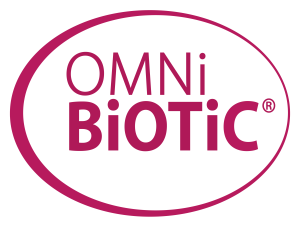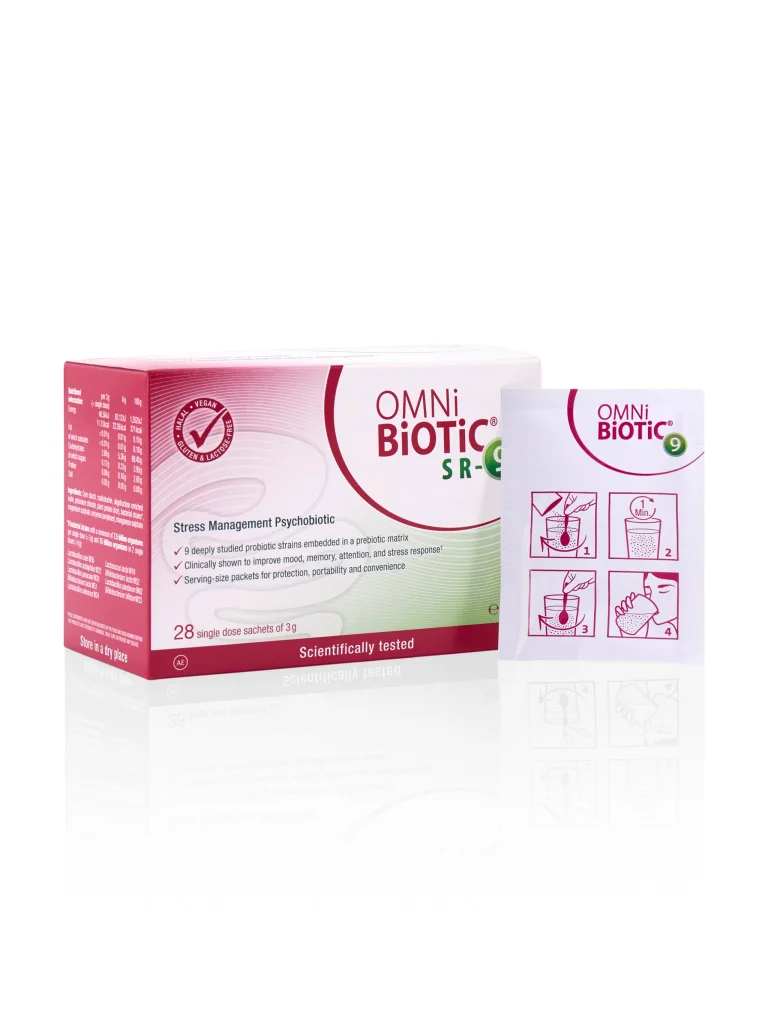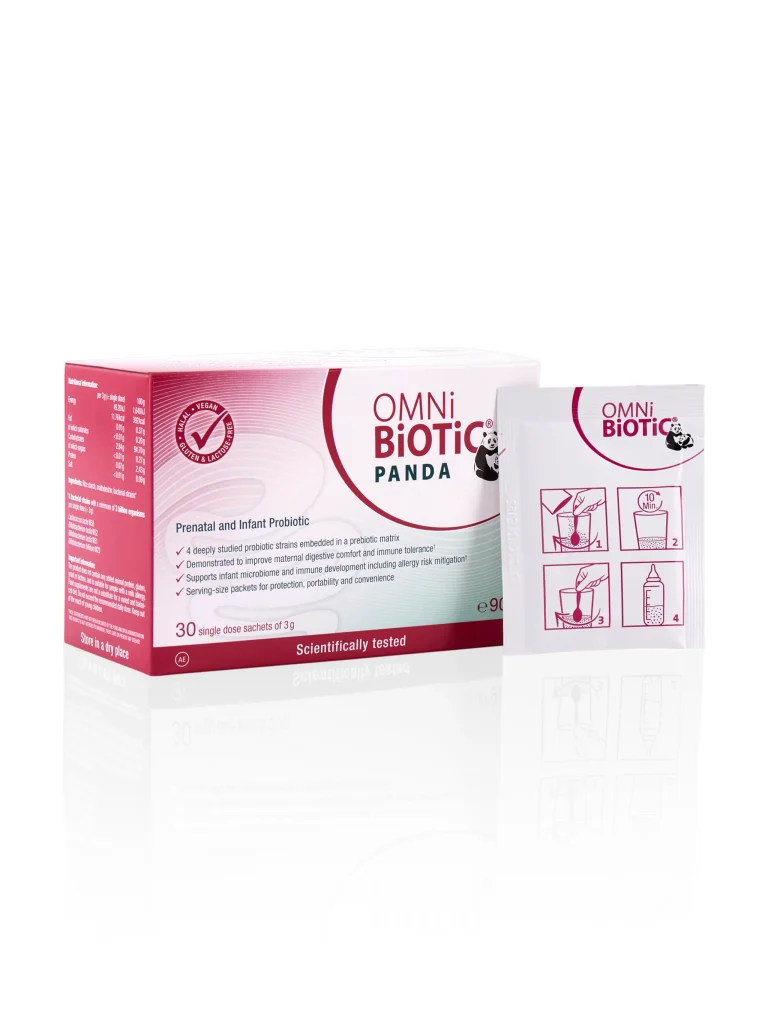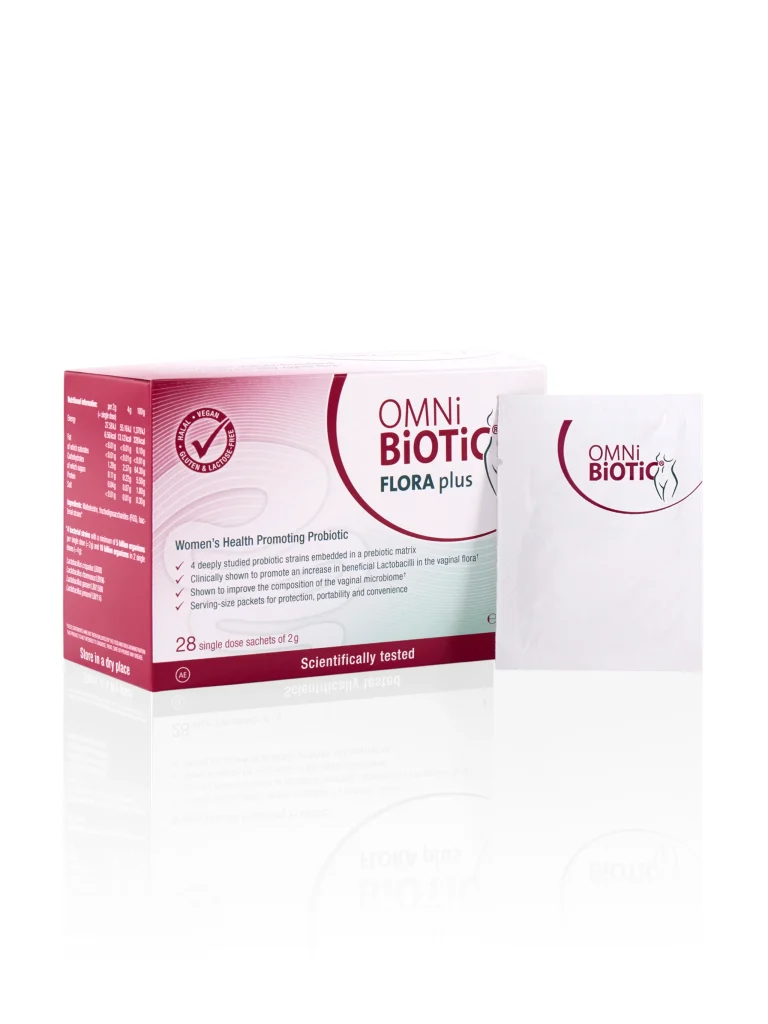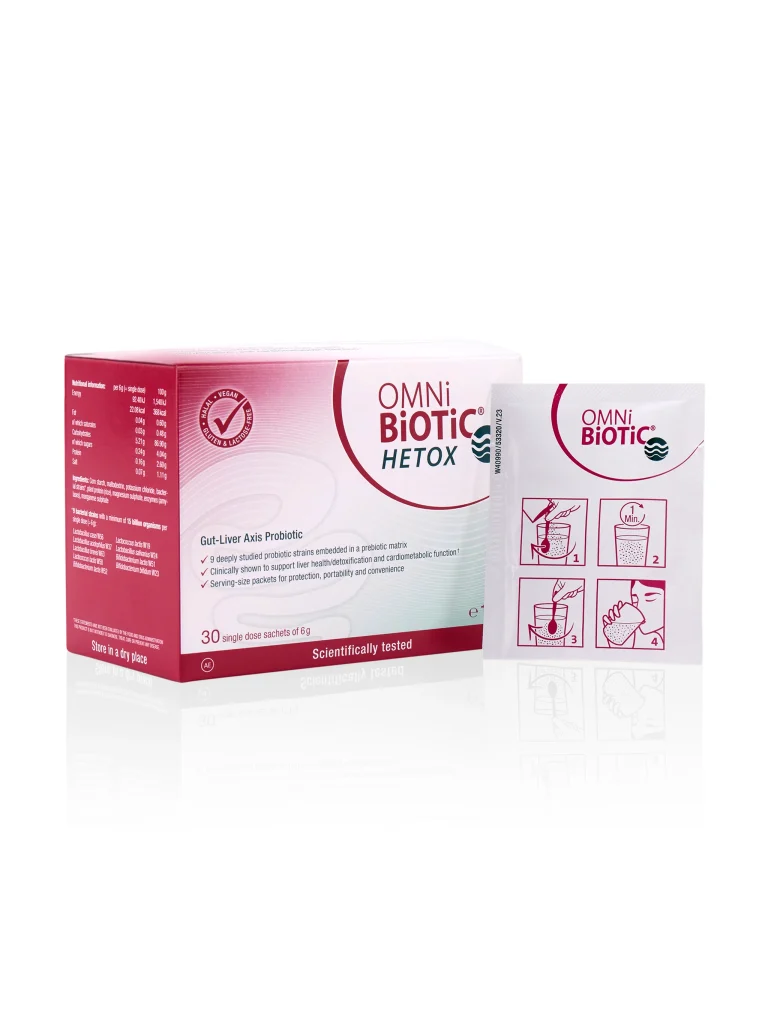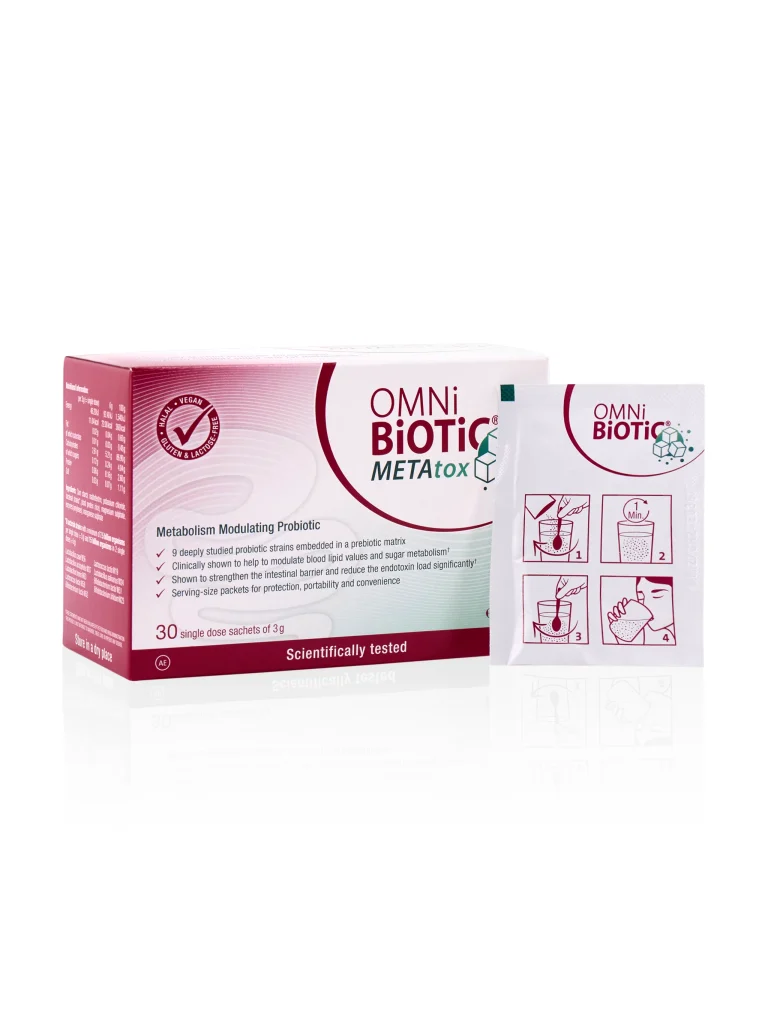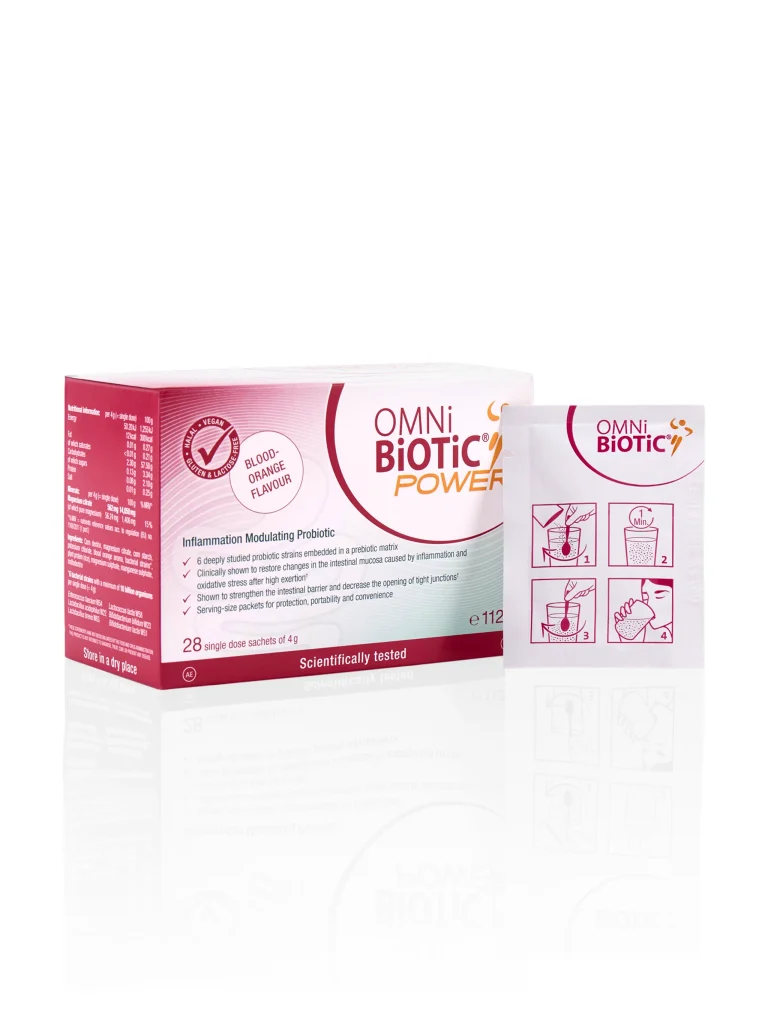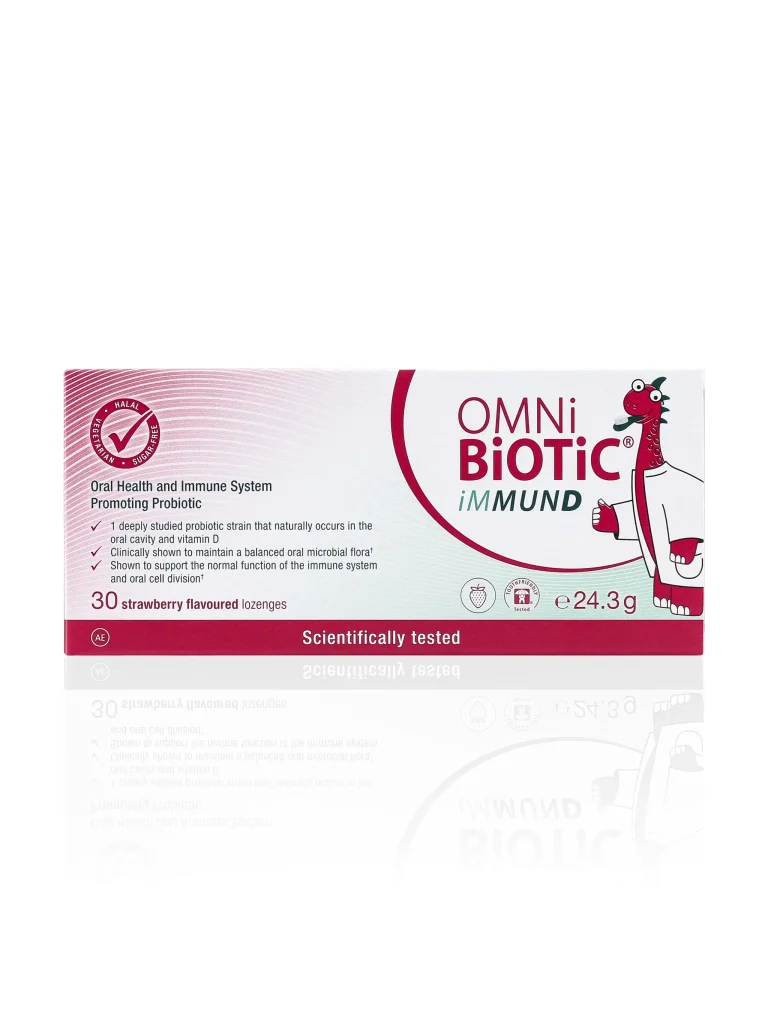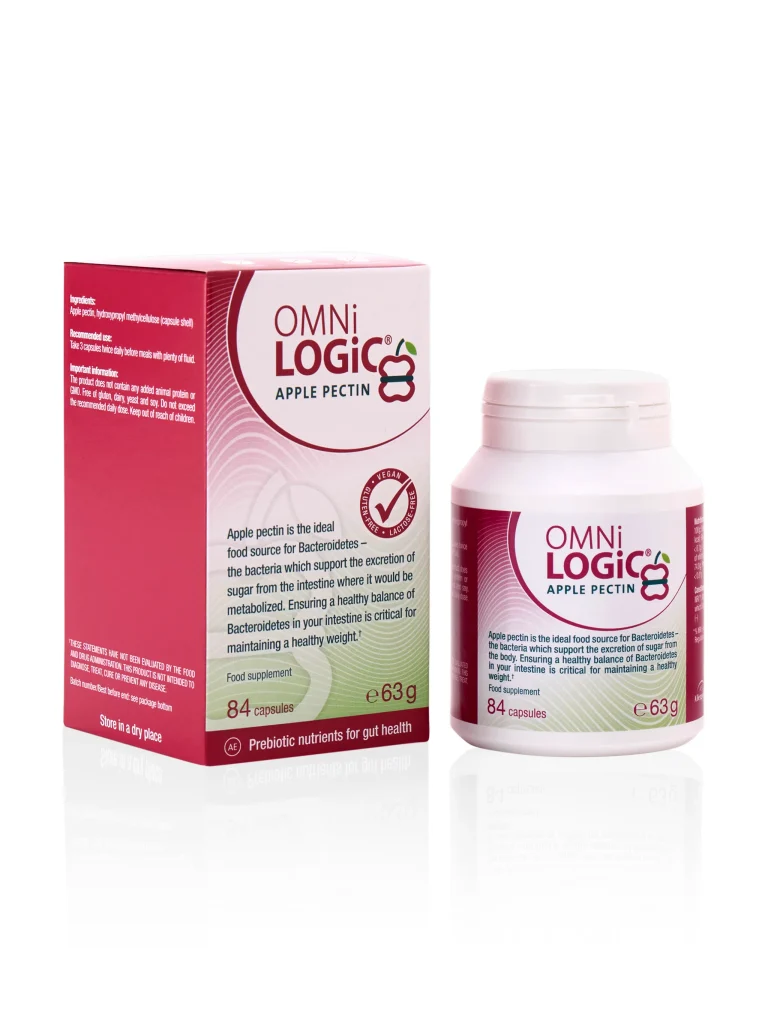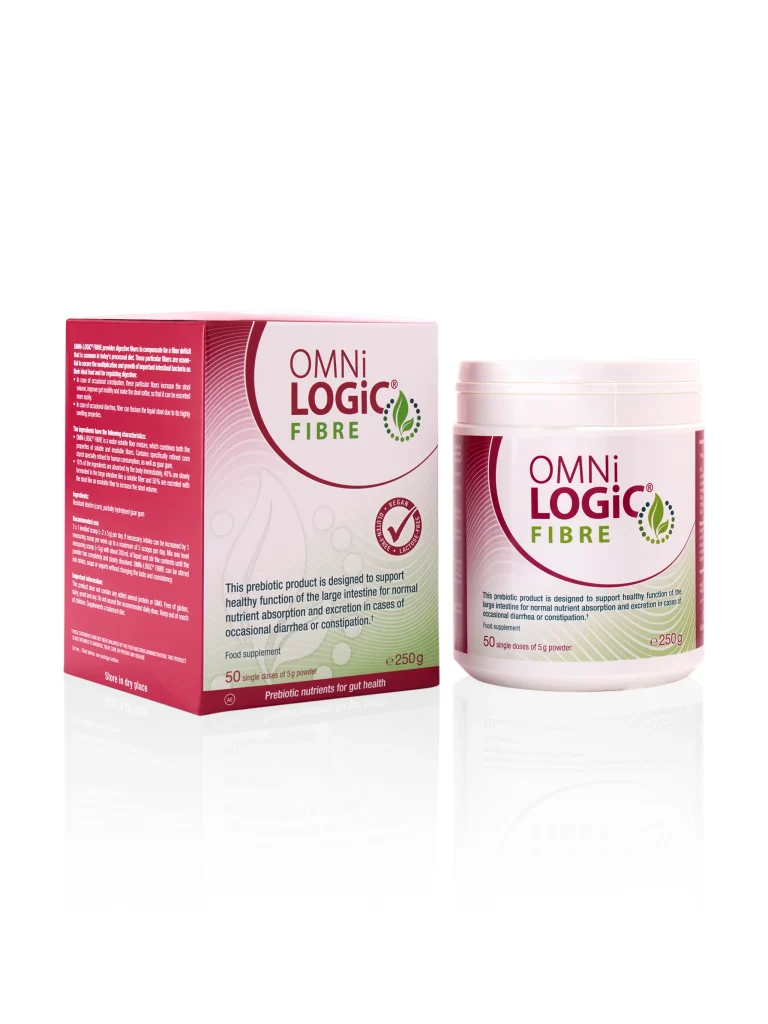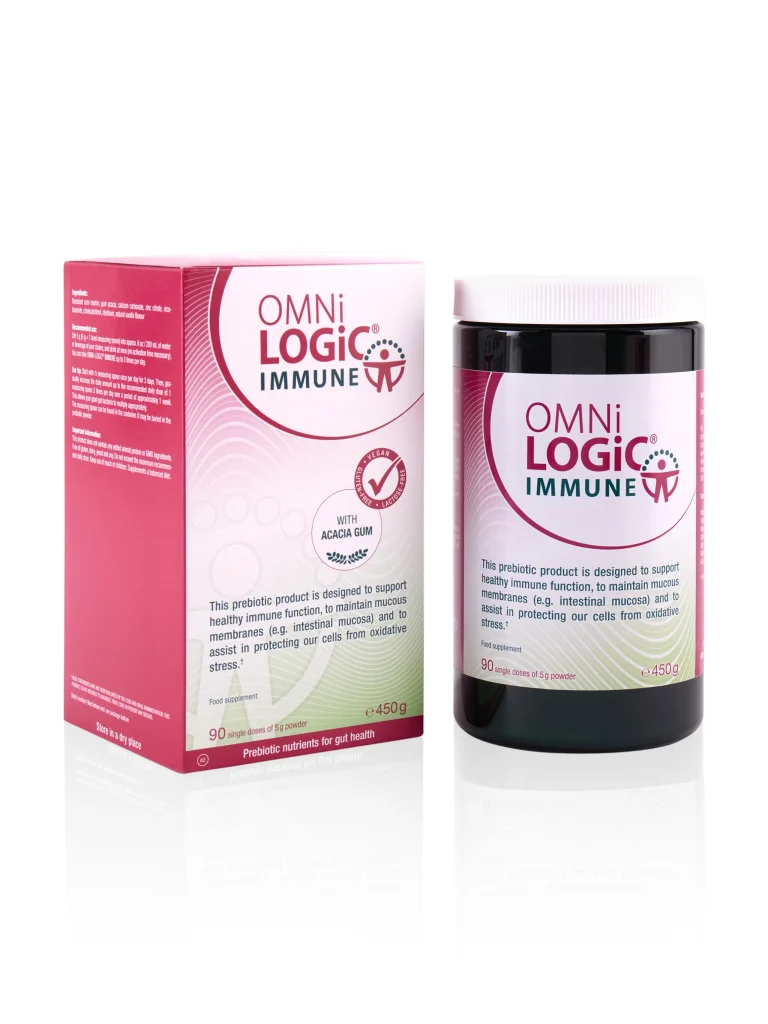Probiotics
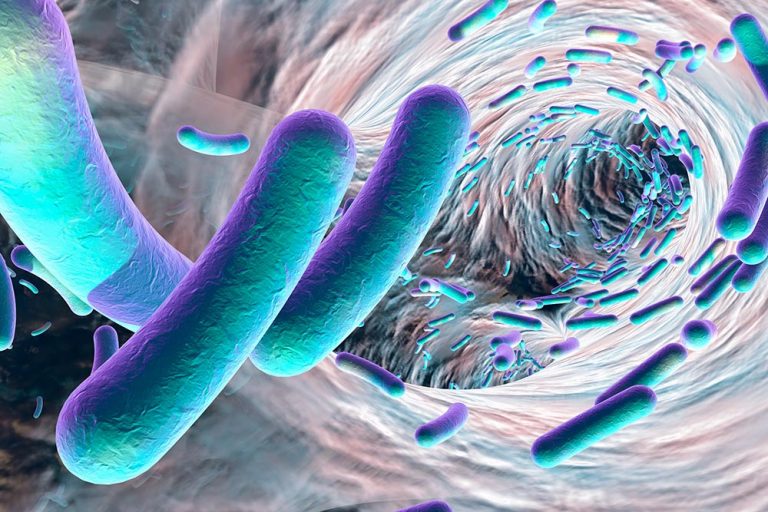
Probiotic bacteria are living microorganisms, which bring human health benefits, if they manage to reach the intestines in sufficient quantity.
Only those that meet the following conditions have the name “probiotic”:
- Evidence of health benefits
- Production of lactic acid and other ingredients with bacteriostatic and bactericidal effects
- Surviving the passage through the stomach and being able to reproduce in the intestine
- Proof of genetic stability, in the sense of avoiding mutations that lead to disease
It is known that unbalanced intestinal flora plays a role in the development of diseases. In addition to a healthy balanced diet, enough movement and avoiding stress, it is recommended to take medically relevant synbiotics for the balance of intestinal flora. Through the intake of probiotic intestinal bacteria, capable of survival, we strengthen our own “good” bacteria.
Lactobacilli and bifidobacteria
We get lactobacilli and bifidobacteria that are present in our intestines from the mother during childbirth. This takes place through the vaginal mucosa during natural childbirth or through breast milk. In the intestines, mono- and polysaccharides (so-called oligosaccharides) from mother’s or infant formula are converted into lactic acid with the help of probiotic bacteria. This acidifies the intestines, which makes it difficult for bacteria to colonize, which are harmful to our health. In addition, lactobacilli use up the oxygen that enters through the intestinal walls. This is important, because most intestinal bacteria need an oxygen-free environment to do their job. Bifidobacteria produce important short-chain fatty acids, which serve as natural nutrition for other probiotic bacteria and as an energy source for intestinal cells, thus strengthening the intestinal barrier. Due to the release of short-chain fatty acids, the pH-value in the intestinal ecosystem is further lowered and thus suppresses the development of pathogenic microorganisms.
Millions of assistants
Intestinal bacteria
Action of probiotics
There are a large number of different specific probiotic bacteria, which in the human intestines cause proven, positive effects: some bacteria are used, for example, in disorders accompanied by diarrhea (e.g. while taking antibiotics), others again have a role in reducing inflammation and producing vitamins. In scientific research, we are working on the development of special, medically relevant synbiotics to help and improve the symptoms of ulcerative colitis, irritable bowel syndrome, as well as for neurological and neuro-degenerative diseases such as depression and Alzheimer’s disease.
Optimal gut health, through colonization of the gut with precisely defined good bacteria, forms the ideal foundation for a vital life.
It came from the gut
Bowel problems
Prebiotics
Unlike probiotics, prebiotics are not living organisms. These are ballast substances, such as inulin or fructooligosaccharides, which cannot be broken down or digested in the small intestine and thus arrive intact in the large intestine. There they serve as a nutrient substrate for their own, healthy bacteria. Prebiotics support the growth of bifidobacteria and prevent the colonization of potentially harmful types of bacteria. Bacterial fermentation of prebiotics produces short-chain fatty acids, which arrive in the liver, where they are metabolized and thus available as a source of energy.
The action of prebiotics is based on the stimulation of the growth of bifidobacteria and lactobacilli, which produce short-chain fatty acids, which reduces the pH-value in the intestines, which increases the solubility of certain mineral substances and the absorption of calcium, magnesium, sodium and phosphorus. Prebiotics are similar to the binding sites of intestinal cells, and thus reduce the binding of pathogenic bacteria to intestinal cells. “Bad” bacteria bind irreversibly to prebiotics and can be excreted from the body. Thus, the growth of the causative agent of diarrhea, such as Clostridium difficile, is reduced and thus the penetration of pathogenic microorganisms into the intestinal mucosa is reduced. The short-chain fatty acids created serve as a source of energy for the intestinal mucosa of the large intestine and block inflammatory reactions.
Synbiotics
OMNi-BiOTiC®
The highest quality for a good feeling
OMNi-LOGiC®
Important nutrients and dietary fibre to support those bacteria that cannot be ingested
